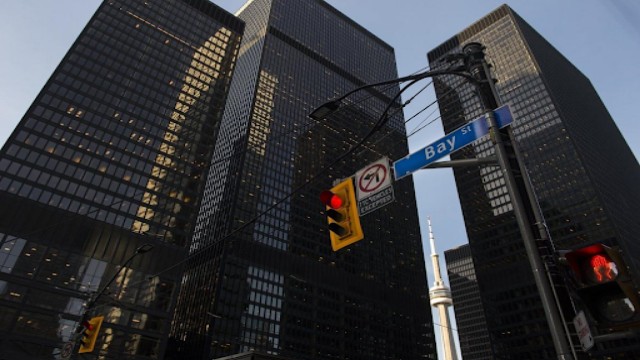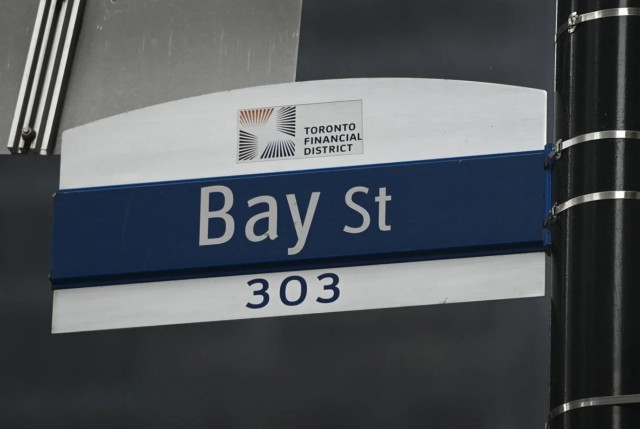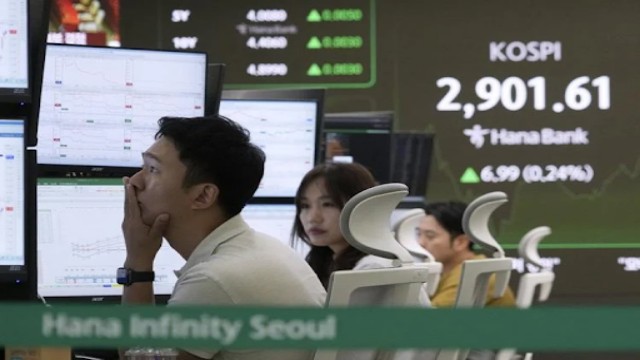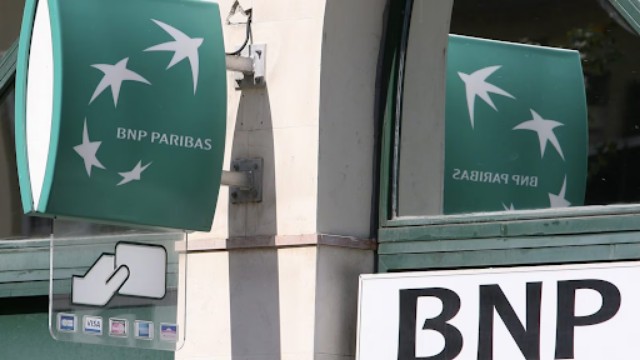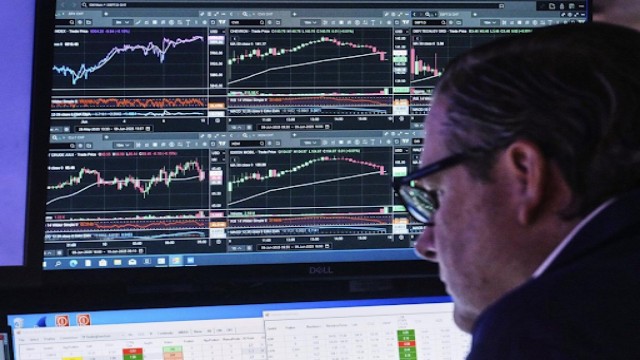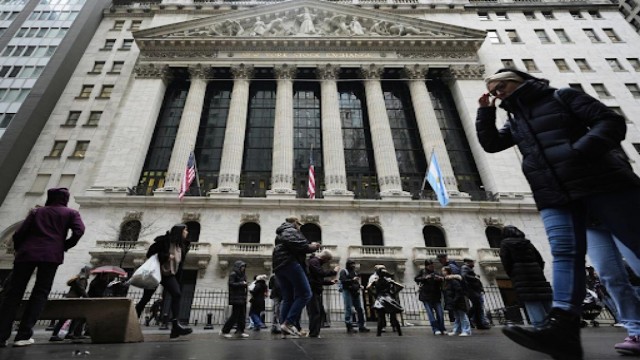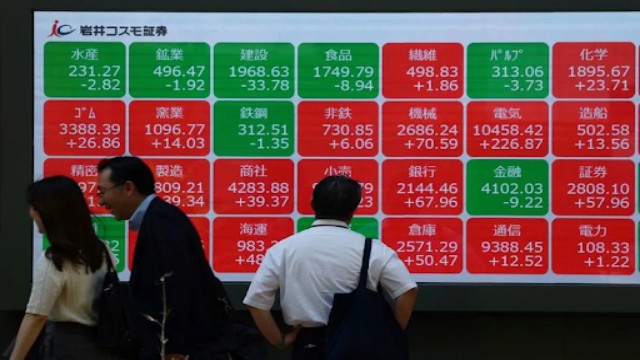
A display board outside a Tokyo brokerage shows the Nikkei stock average · Photo by Rocky Swift, Reuters
Asian markets opened the week on a positive note, climbing on Monday as investors responded to upbeat U.S. job numbers and looked ahead to important trade discussions between the U.S. and China. The dollar, which had gained ground late last week, slightly pulled back as attention shifted toward diplomatic moves between the world’s two largest economies.
U.S. stock markets had ended Friday with strong gains after employment data showed more resilience than expected. This eased some fears that President Donald Trump’s unpredictable tariff decisions were doing lasting damage to the U.S. economy. Investors saw the numbers as a sign that the economy might be weathering the storm better than feared.
On Monday, the MSCI index tracking shares across Asia—excluding Japan—climbed 0.7%. Japanese stocks followed suit, with the Nikkei Index rising 0.9%. Trading was quieter in Australia as markets were closed for a public holiday.
However, European and U.S. stock futures signaled a more cautious mood. Euro Stoxx 50 futures pointed lower, while the S&P 500 e-mini futures dipped 0.2%, suggesting a subdued Wall Street open.
Weighing on overall market sentiment was an ongoing standoff in Los Angeles, where protests over immigration policy prompted President Trump to deploy the National Guard. This domestic unrest added another layer of uncertainty for investors.
Currency markets reflected a slightly risk-off mood. The dollar lost 0.3% against the yen, trimming last week’s gains. The euro edged higher to $1.1417, while the British pound strengthened slightly to $1.3553.
All eyes now turn to the upcoming trade discussions in London. Senior U.S. officials—Treasury Secretary Scott Bessent, Commerce Secretary Howard Lutnick, and Trade Representative Jamieson Greer—will meet with Chinese Vice Premier He Lifeng. The talks are expected to center around critical minerals, a sector where China holds significant control. This meeting follows a rare phone call between Trump and Chinese President Xi Jinping last week, a move that has sparked some optimism about future cooperation.
“Trade policy remains a major source of uncertainty,” said Kyle Rodda, a financial analyst. “But any progress this week could push markets higher.”
Still, China’s latest economic indicators cast a shadow. Data released Monday showed Chinese exports growing at the slowest pace in three months. At the same time, factory prices saw their sharpest drop in two years—both signs that the trade tensions are impacting China’s economy.
Despite that, Chinese stocks still gained ground. Hong Kong’s Hang Seng Index jumped 0.8%, touching 24,000 points for the first time in over two months. Mainland China’s CSI300 Index also edged up by 0.2%.
Investors are now awaiting Wednesday’s U.S. inflation data, which could influence expectations for future interest rate cuts by the Federal Reserve. The Fed, currently in a pre-meeting blackout period, is set to announce its next policy decision on June 18.
“We’re seeing mixed signals,” said Jeff Ng, Head of Asia Macro Strategy at SMBC. “Markets are hopeful about trade progress, but unrest in California adds uncertainty. There’s potential for good news, but nothing is guaranteed.”
Meanwhile, gold remained steady at $3,311.65 an ounce, holding after a sharp drop on Friday. Oil prices also stayed firm, with U.S. crude trading at $64.54 per barrel following a solid rise last week.


